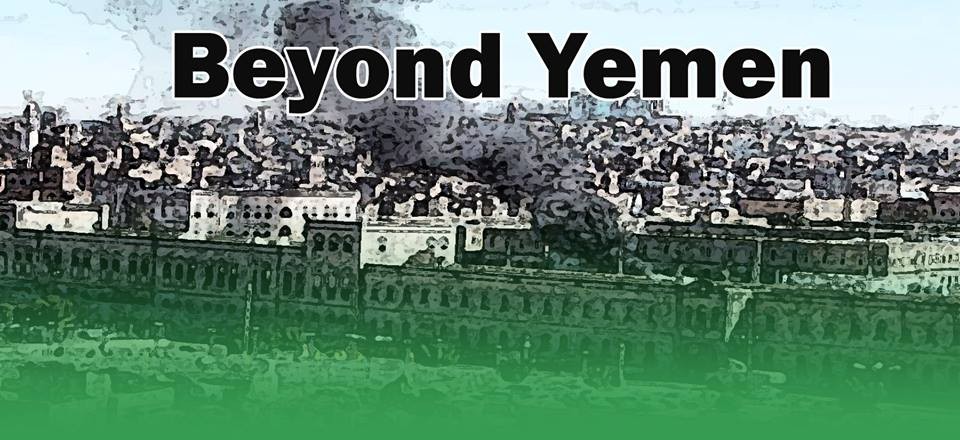
Pakistan needs to be a mediator trying to resolve the conflict rather than taking sidesEditorial

By now, everyone understands pretty much everything about what is happening in the Yemen-Saudia Arabia conflict. The details are complex, especially within Yemen where sectarian, tribal and radical Islamist elements are all at play, causing more damage to the already impoverished and strife-torn country. Saudi Arabia saw the Houthis advance within the country as somehow a threat to its own territorial integrity and has waged a war on Yemen.
But that’s not where the story ends. The Saudis are trying to cobble together an alliance to support itself, thus reinforcing the divisions in an already divided region. Some people see it as a sign of the regional power struggle between two major powers -- Saudi Arabia and Iran -- especially because the unrest in Yemen coincides with a nuclear deal signed between the US and Iran.
This tension in the region is wrongly directed, says Ahmed Rashid, because the real threat is from the ISIS, he says. The real war is the one within Islam and once this war in Yemen is over, there is a need "for the creation of a new bloc of Muslim countries which would push for a long term settlement between Iran and Saudi Arabia". Because the existing organisations like OIC, GCC and Arab League have failed to play their role.
Our final concern in today’s Special Report is the options open for Pakistan. Fortunately, there has been no dearth of discussion at various forums and the consensus that has emerged is in favour of Pakistan playing a neutral role -- that of a mediator trying to resolve the conflict rather than taking sides.